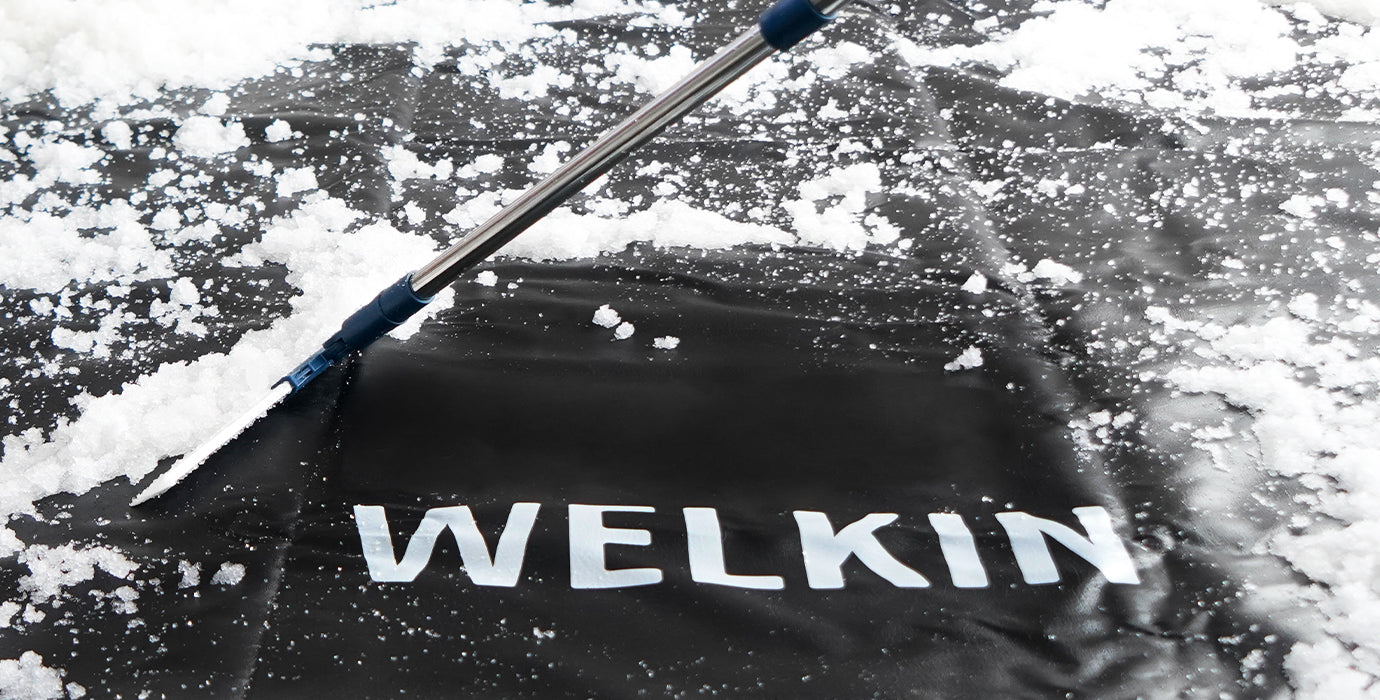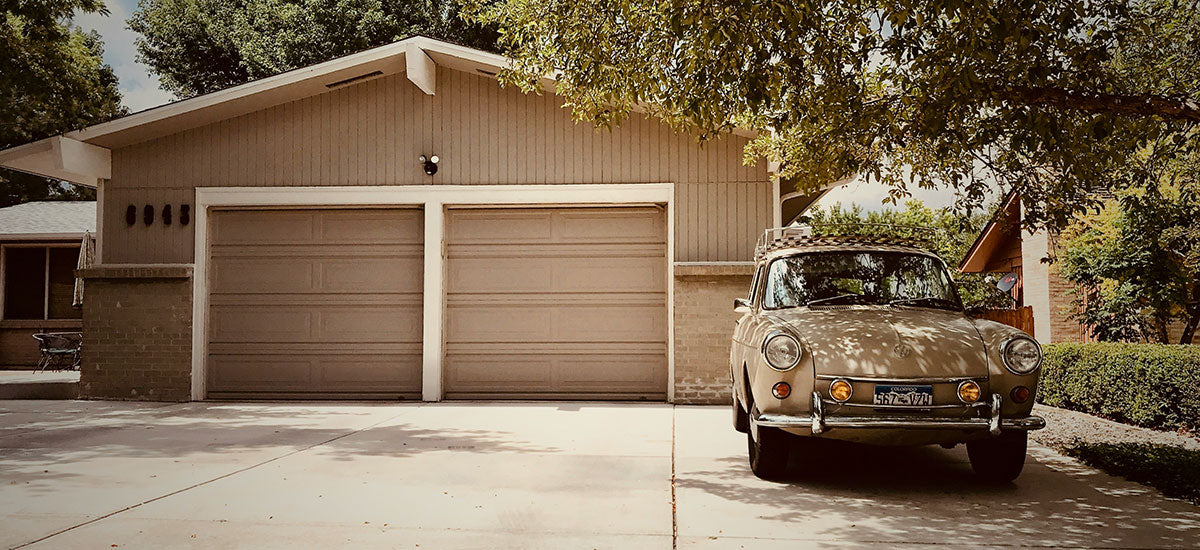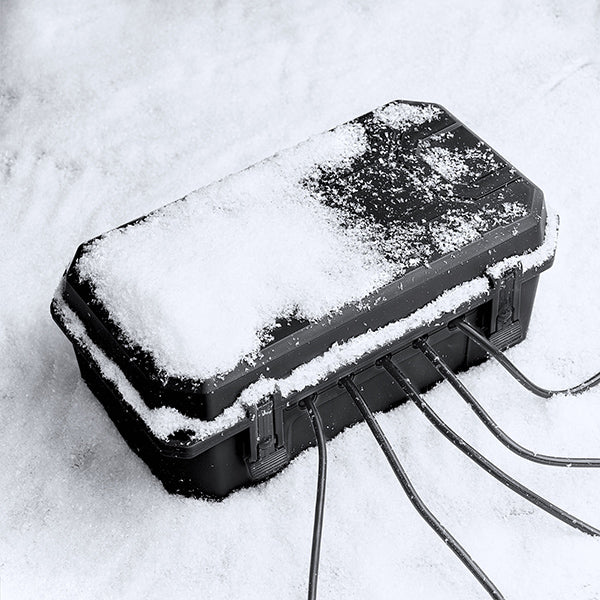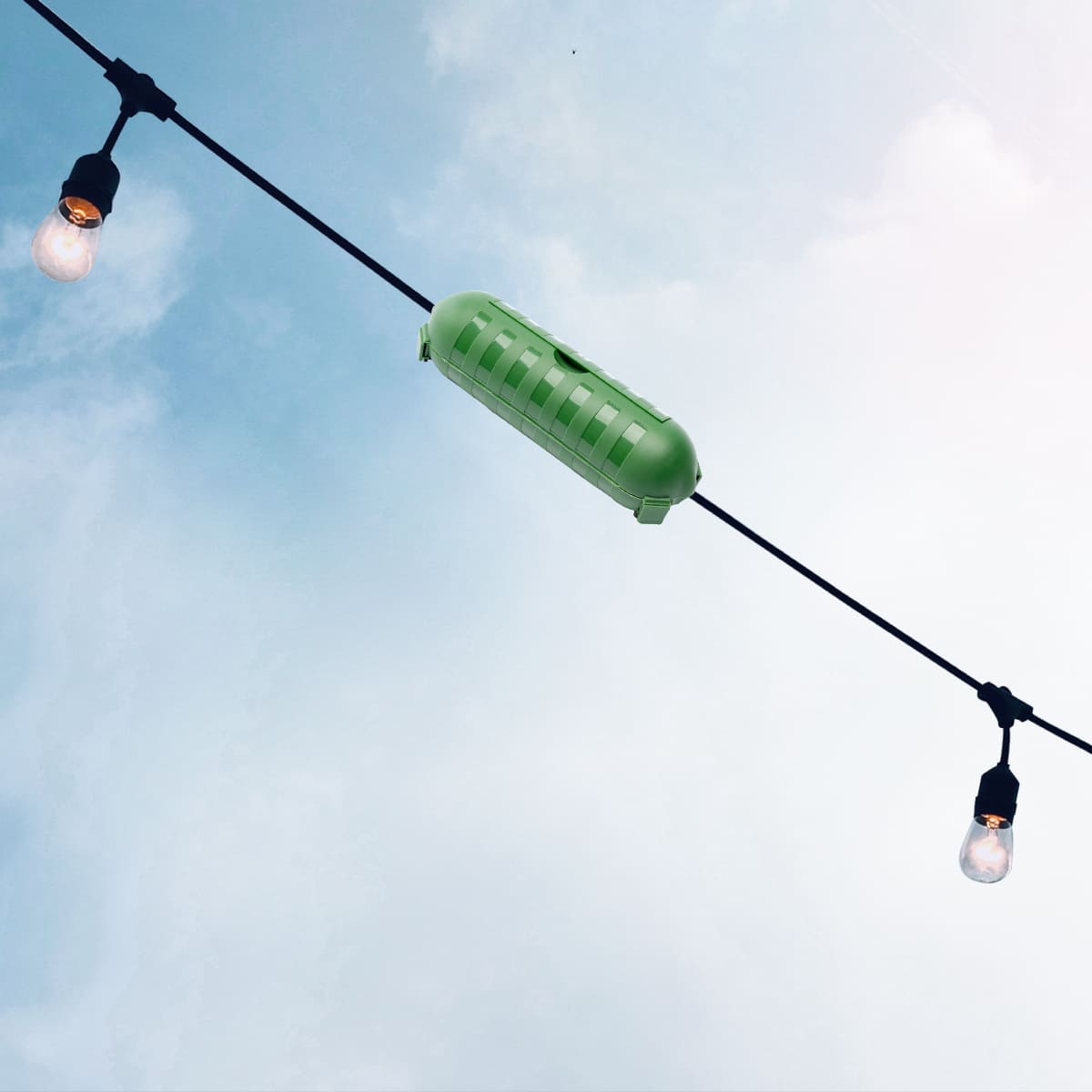The damp conditions brought on by rain and snow can create a breeding ground for mold and mildew, posing a risk to your vehicle and the overall garage environment.
High humidity can lead to mold and mildew growth, damaging your belongings and posing health risks. Vehicles parked in humid environments are vulnerable to rust and electrical issues. Wooden structures and metal parts in your garage are also susceptible to damage from moisture.
How to Keep Your Garage Dry
Garage Wall Maintenance
Begin by carefully inspecting your garage for cracks in the walls, floor, and ceiling. Seal these cracks with a high-quality sealant to prevent moisture from seeping in. To further enhance protection, apply waterproof coating to both the walls and floor.
Regularly inspect the seals on your garage doors and windows. Replace any damaged or deteriorating seals to ensure a tight fit and prevent moisture infiltration.
Eliminating Moisture Sources
Controlling moisture levels is essential for maintaining a healthy garage environment. Before parking your vehicle, take the time to dry it thoroughly, focusing on areas like the wheels and undercarriage.
Additionally, using a garage mat can significantly reduce moisture buildup on the floor. A garage mat can hold water that falls off the vehicle and prevent rain and snow from eroding the floor. Regular cleaning or replacement of the mat is crucial to its effectiveness.

Improve ventilation
Good ventilation is essential for maintaining a healthy garage environment. Opening doors and windows during dry weather can significantly reduce humidity levels. For garages with limited natural ventilation, installing exhaust fans or vents can help remove moisture and prevent mold and mildew growth.
Using a Dehumidifier
A dehumidifier is a powerful tool for controlling garage humidity. By removing excess moisture from the air, dehumidifiers can help prevent mold, mildew, and rust. Choose a dehumidifier that is the right size for your garage and adjust its settings accordingly.
While dehumidifying agents can also help, they may not be as effective as a dehumidifier.
Maintaining Your Garage Door
Regular maintenance of your garage door is essential to prevent water damage and ensure smooth operation. Inspect and replace worn seals to keep moisture out. Adjust the track and lubricate the moving parts to ensure your garage door closes securely and operates smoothly.
Key Tips for a Dry Garage:
- Declutter: Excessive clutter can hinder air circulation and trap moisture. Keep your garage organized and free of unnecessary items.
- Regular Cleaning: Clean your garage regularly to remove dirt, debris, and any standing water. A clean garage is less prone to moisture buildup.
- Moisture-Resistant Materials: Choose building materials with moisture-resistant properties, such as ceramic tiles and waterproof coatings.
- Climate-Specific Solutions: Tailor your moisture control strategies to your local climate. For example, in humid climates, consider using dehumidifiers or ventilation systems.
- Professional Expertise: If you have specific concerns or need expert advice, consult a professional renovator or repair person.
A dry garage is a healthy garage. By keeping your garage dry, you can protect your belongings, prevent mold and mildew growth, and create a comfortable space for your car.
Blog posts

Summer Storage Secrets: Keeping Your Garage Mats in Top Shape
Summer's here, and it's time to think about storing those trusty garage mats! Whether you're decluttering, prepping for a new project, or just giving your garage a seasonal refresh, proper storage ...

Garage Care: The Key to a Long-Lasting Vehicle
Many often overlook garage maintenance, seeing it merely as a parking space or storage area. However, a well-maintained garage is more than just a parking spot; it's a vital part of your home envir...

To protect your car and belongings, it's crucial to maintain a dry garage. This article will guide you on how to keep your garage dry during wet seasons to extend the lifespan of your items.









